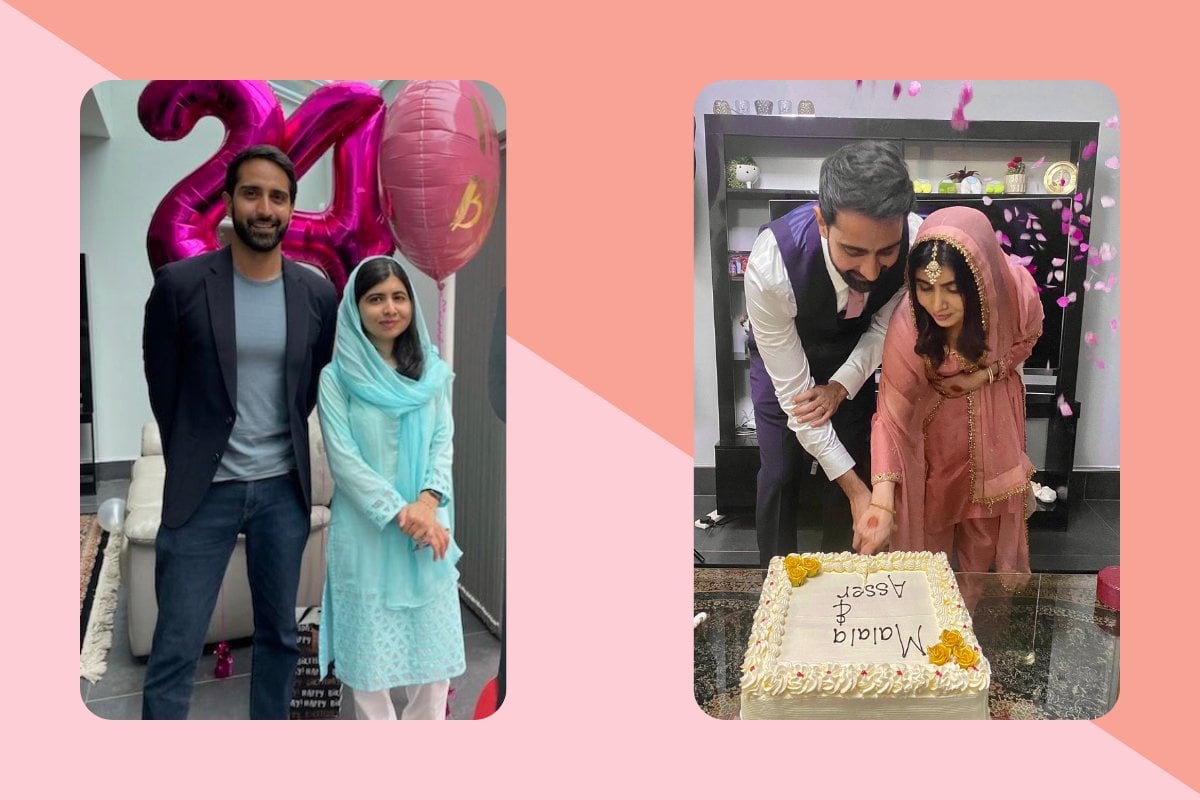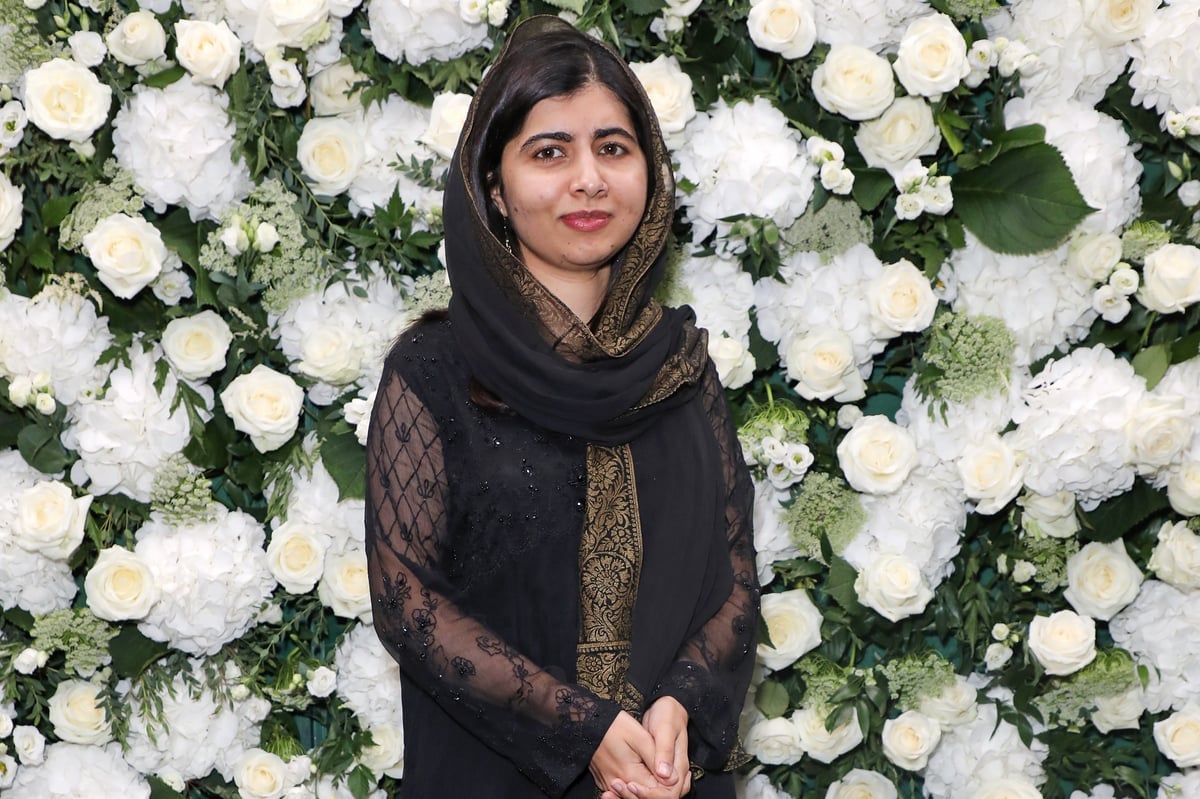
For years, Malala Yousafzai was adamant she didn't want to get married.
She said as much as recently as a July 2021 profile for British Vogue, so when Malala shared the news of her November 9 wedding to partner Asser Malik on social media, it was a surprise.
The 24-year-old, who lives in the United Kingdom, said she and her new husband wed in the city of Birmingham and celebrated at home with their families.
"Today marks a precious day in my life. Asser and I tied the knot to be partners for life," she wrote on Twitter, adding four pictures to her post.
"We celebrated a small nikkah ceremony at home in Birmingham with our families. Please send us your prayers. We are excited to walk together for the journey ahead."
Today marks a precious day in my life.
— Malala (@Malala) November 9, 2021
Asser and I tied the knot to be partners for life. We celebrated a small nikkah ceremony at home in Birmingham with our families. Please send us your prayers. We are excited to walk together for the journey ahead.
📸: @malinfezehai pic.twitter.com/SNRgm3ufWP

